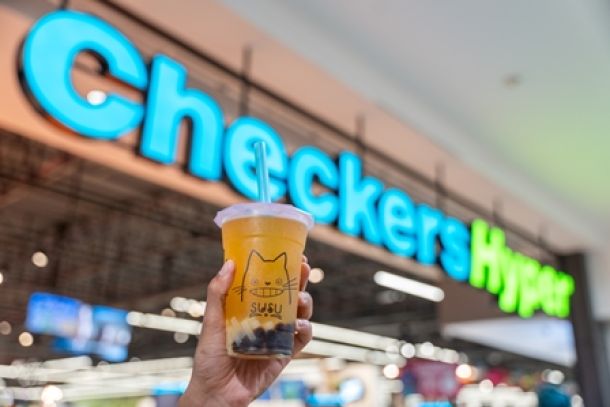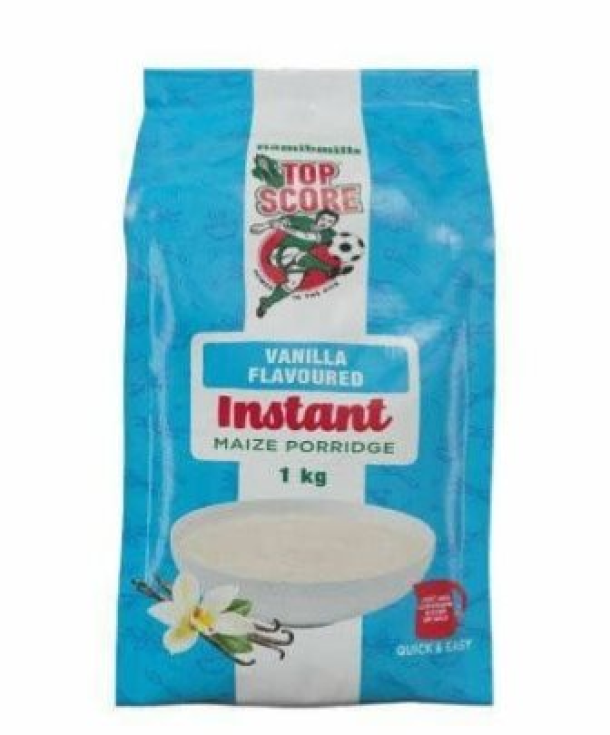Balanced diet key to tackling obesity, says beverages industry
In recognition of World Obesity Day on Tuesday, 11 October 2016, the beverages industry in South Africa reaffirmed its commitment to working with government and other partners to find practical solutions to reduce obesity rates in the country.
“We agree with government that obesity is a serious challenge, and acknowledge the treatment of obesity and associated diseases levies a burden both on the health service and the economy as a whole,” says Mapule Ncanywa, executive director of the Beverage Association of South Africa. “The beverage industry forms part of this challenge and we are committed to contributing our share to the solution.”
She highlighted numerous programmes already underway to reduce daily energy intakes from sugar-sweetened beverages (SSBs). These include various healthy food initiatives initiated with the Department of Health, as well as reformulation and resizing of products and portion sizes.
“We support the idea that the intake of sugar should be moderated and that education about good eating habits is vital,” said Ncanywa.
“Research has shown that reformulation of products and portion control through changes to pack sizes are among the most effective policy interventions to reduce obesity levels. For example, the report Overcoming Obesity by the McKinsey Global Institute identified portion control and reformulation as the two most impactful interventions to reduce obesity. Members of our industry are already engaged with both these interventions.
“The beverage industry believes that all beverages, including carbonated soft drinks, can form part of a healthy and balanced lifestyle.”
According to the World Health Organisation, the fundamental cause of obesity is an imbalance between energy consumed and energy expended. Sugars and fats, when frequently consumed in high amounts, are widely recognised as contributing to obesity.
“Packaging which limits energy intake while making consumers aware of appropriate servings can be a very useful tool in tackling obesity,” said Ncanywa. “Many of our members have introduced low or no kilojoule options of their brands, and are increasingly investing in marketing and labelling practises to help consumers make informed choices about their consumption and portion control.”
She added that BevSA advocated a collaborative approach with government, private sector, unions, scientific experts and civil society to address obesity. The SSB industry is ready to work alongside all stakeholders to find innovative solutions to improve the nation’s health and avoid negative economic impacts, she says.
News Category
- International retailers
- On the move
- Awards and achievements
- Legislation
- Wine and liquor
- Africa
- Going green
- Supplier news
- Research tools
- Retailer trading results
- Supply chain
- Innovation and technology
- Economic factors
- Crime and security
- Store Openings
- Marketing and Promotions
- Social Responsibility
- Brand Press Office
Related Articles

Eskort is celebrating 107 years

UK poultry industry as exports to South Africa ...

Playful bubble tea shops launch in selected Che...

Consumer Commission launches investigation into...


